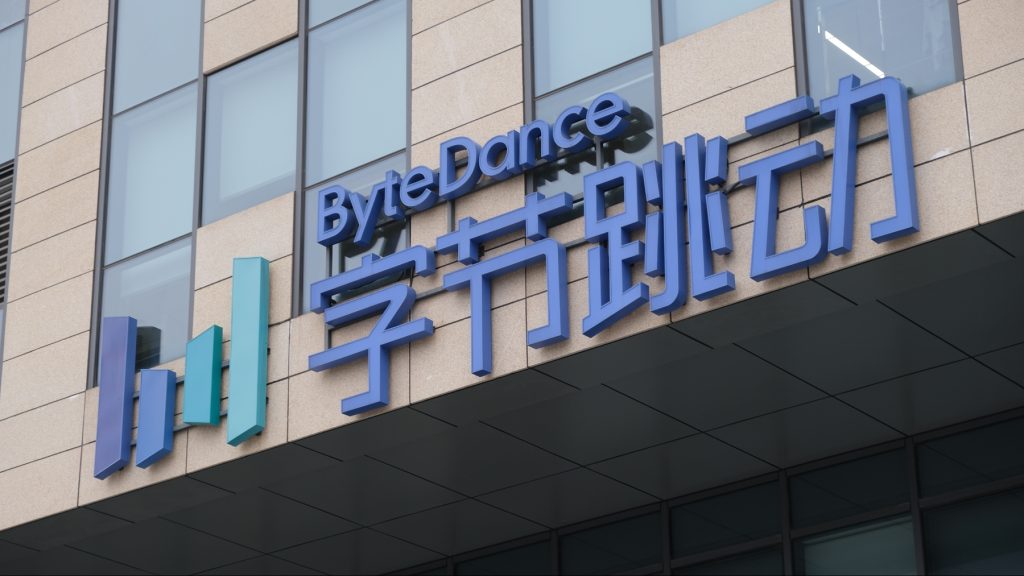
TikTok’s parent company, is working on a new ByteDance AI model that will depend on chips supplied by Huawei Technologies, according to sources close to the matter.
The move is believed to be an outcome of the numerous restrictions on the export of advanced AI chips, especially from Nvidia, imposed by the US.
Introduced for the first time last year, the export limitations had already pushed ByteDance to rely on domestic suppliers for the supply of such chips, which have been required in huge amounts to feed its ByteDance AI model ambitions. This has resulted in an increasing partnership with Huawei: ByteDance plans to use Huawei’s Ascend 910B chip in training a large-language ByteDance AI, sources say. ByteDance has already used this chip for less demanding tasks like inference—that means using pre-trained ByteDance’s AI to make predictions.
Expansion Faces Supply Constraints
The ByteDance AI technology ambitions have grown so much that its ByteDance generative AI plan is beginning to integrate with various applications, including the ByteDance chatbot Doubao, a text-to-video tool called Jimeng, among many more. The company launched in August 2023 the Doubao chatbot and in only one month, the active users surpassed more than 10 million monthly. To fuel this AI-driven growth, ByteDance AI lab has placed big orders for Huawei’s Ascend 910B chips, but shortage supplies slowed it down.
People with knowledge of the matter said that ByteDance, as of July, had received less than 30,000 chips of the 100,000 it ordered. The limited supply, plus lower computational power compared to Nvidia’s offerings, has kept the company from setting a timeline for the development of its new ByteDance AI. It remains one of Huawei’s biggest AI chip clients, while it is the top buyer of Nvidia’s H20 AI chip in China.
Strategy in the Face of US Sanctions
The recent restriction of the United States on exporting AI chips compelled Chinese technology companies like ByteDance to adopt some other strategies, making this Huawei partnership an essential component of the strategy it has executed to progress with the AI solution development in ByteDance’s AI. Apart from Huawei chips, ByteDance has reportedly set aside $2 billion for Nvidia chips, in which it sees a continued commitment to ByteDance AI technology development.
ByteDance has been making big strides into AI, especially in large-language models and video applications that show the service is becoming increasingly indispensable to its business. A spokesman for ByteDance, Mike Hughes, denied developing any new model, but sources close to the industry said the company still continued to seek ways it could stay competitive in the evolving landscape of AI.
It remains to be seen how far ByteDance can further push with its model development amid significant supply chain challenges on components such as high-performance chips, usually provided by companies such as Huawei and Nvidia. As the demand for AI technologies is well underway, the ability of ByteDance to source that kind of material will be highly instrumental in keeping the race’s tempo. What makes the company better will be tested in this race against supply constraints and US sanctions.
Inside Telecom provides you with an extensive list of content covering all aspects of the tech industry. Keep an eye on our Tech sections to stay informed and up-to-date with our daily articles.